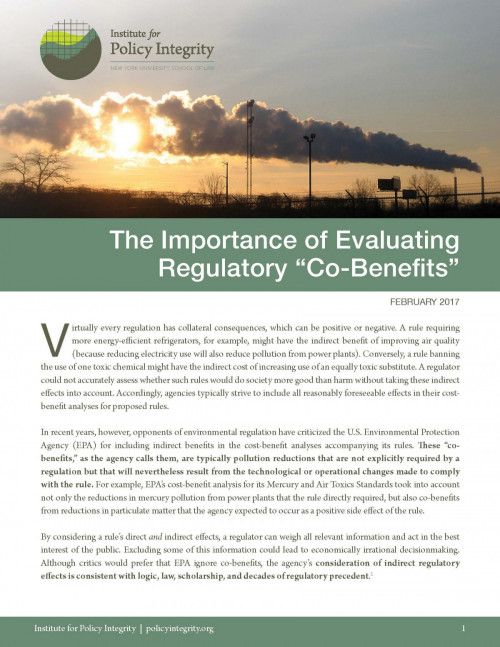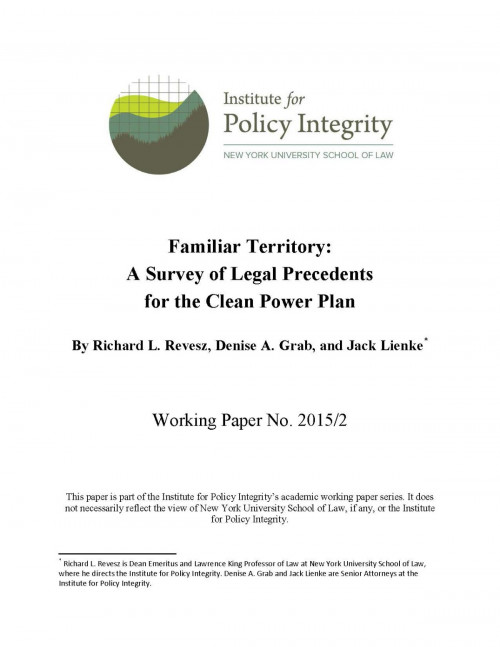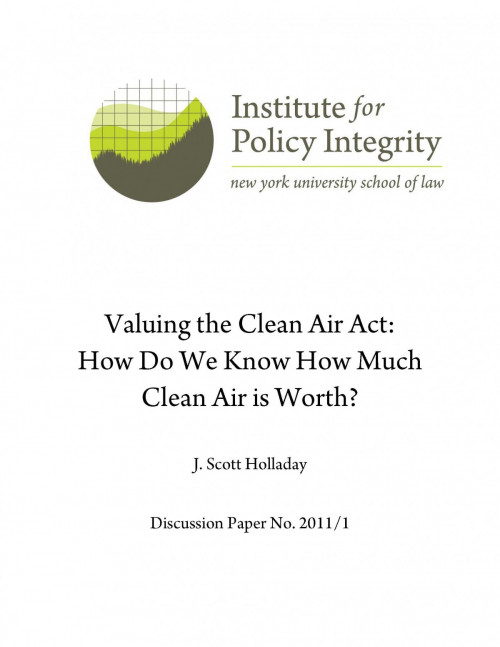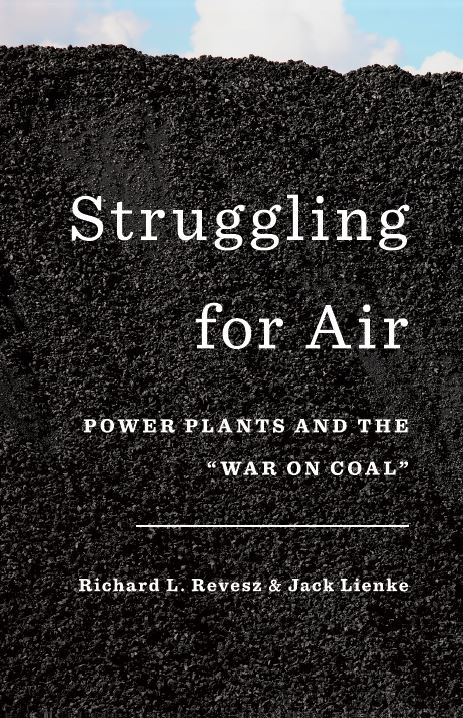-

The Importance of Evaluating Regulatory “Co-Benefits”
Our issue brief on Regulatory Co-Benefits analyzes the importance of using unbiased economic analysis to consider all direct and indirect costs and benefits of any environmental safeguard.
-
Struggling for Air
Power Plants and the “War on Coal”
Since the beginning of the Obama Administration, conservative politicians have railed against the President’s “War on Coal.” As evidence of this supposed siege, they point to a series of rules issued by the Environmental Protection Agency that aim to slash air pollution from the nation’s power sector. Because coal produces far more pollution than any other major energy source, these rules are expected to further reduce its already shrinking share of the electricity market in favor of cleaner options like natural gas and solar power. But the EPA’s policies are hardly the “unprecedented regulatory assault” that opponents make them out to be. Instead, they are merely the latest chapter in a multi-decade struggle to overcome a tragic flaw in our nation’s most important environmental law.
-

Familiar Territory
A Survey of Legal Precedents for the Clean Power Plan
In this essay, we highlight a wide variety of regulations from the Clean Air Act’s forty-five-year history that provide substantial precedent for the flexible design of the Clean Power Plan.
-

Rethinking Health-Based Environmental Standards
In Whitman v. American Trucking, the Supreme Court interpreted the Clean Air Act to require the EPA to set the National Ambient Air Quality Standards (NAAQS), without considering costs. Instead, the agency must rely exclusively on health-related criteria. The authors argue that such health-based standards are problematic because there is no coherent way to set the permissible level of pollution based on health considerations alone and, ironically, the NAAQS have generally been set at levels that are inefficiently lax from an economic perspective. The authors urge a reinterpretation of the American Trucking case that would allow the EPA to consider costs-benefit analysis when it would lead to more stringent standards, as it currently does for most regulated pollutants.
-

Valuing the Clean Air Act
How Do We Know How Much Clean Air is Worth?
EPA recently released a study evaluating the costs and benefits of amendments to the Clean Air Act between 1990 and 2020 to see what cleaner air means for human health and the economy. Holladay’s analysis of EPA’s numbers shows that they’re based on sound science.
Viewing all publications in Environmental Health

